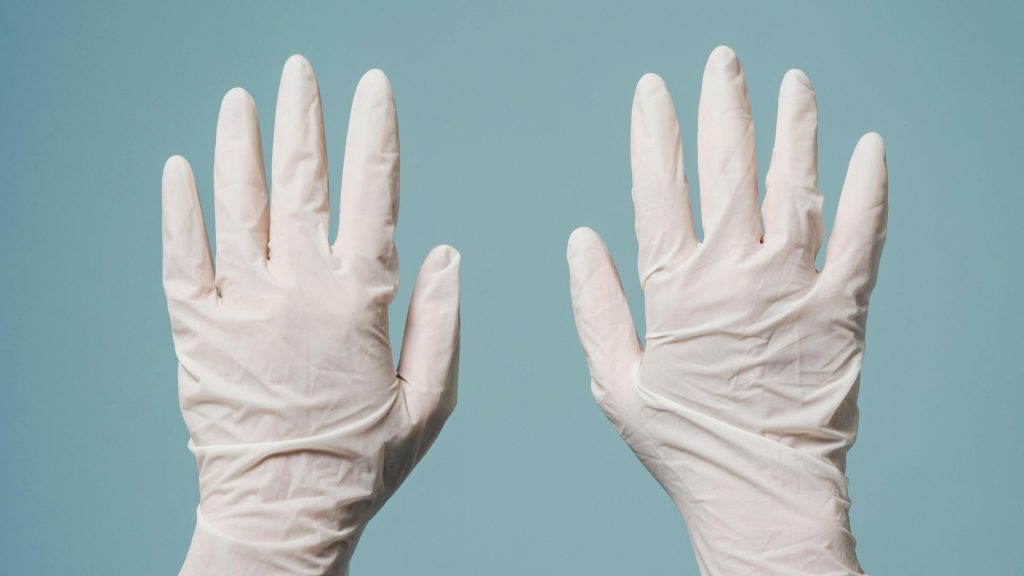Athens has launched its own Rare Disease list in Greek. Prior to this initiative, there was a notable absence of a comprehensive classification system for such conditions in the Greek language.
According to euractive.com, the newly introduced list serves as a meticulous archive cataloging every rare disease along with its sub-categories, including genetic mutations.
Considered a stepping stone for forming a precise epidemiological view of rare diseases in Greece, the Rare Diseases List, published by the Greek Health Ministry in January, aims to eventually enhance diagnosis and facilitate patients’ access to treatments, the President of the Hellenic Federation of Associations of Rare Diseases, Efstratios Chatzicharalambous, told Euractiv.
Previously, Greek legislation had acknowledged the European portal Orphanet for rare diseases and orphan drugs as the official database. The portal, a pan-European tool classifying rare diseases with special orphacodes, was launched in 2013 by the French Health Ministry.
However, Greece lacked a translated and detailed classification system for existing or emerging rare diseases in its registry, unlike most other EU Member States which maintain native language databases.
The newly released list represents a milestone in Greece’s approach to rare diseases, providing the most specific registration of such conditions to date.

The list includes “much more accurate data on them since a variety of orphacodes are now recorded according to the genetic mutations each disease has undergone over the years,” the President of Rare Diseases Federation explained to Euractiv.
“It is the foundation for significant future steps regarding rare diseases,” Chatzicharalambous highlighted.
“The diagnosis can now be valid and more accurate,” doctors will have access to the exact Greek name of a patient’s rare disease (orphacode) based on its specific characteristics presented by the patient, Chatzicharalambous he added.
Source: euractive.com


